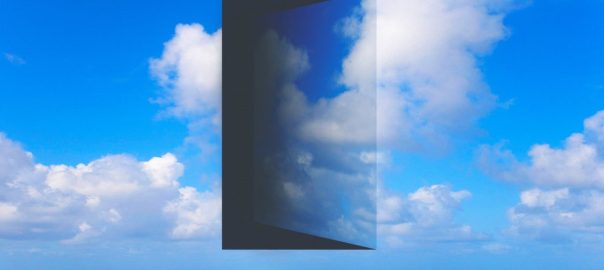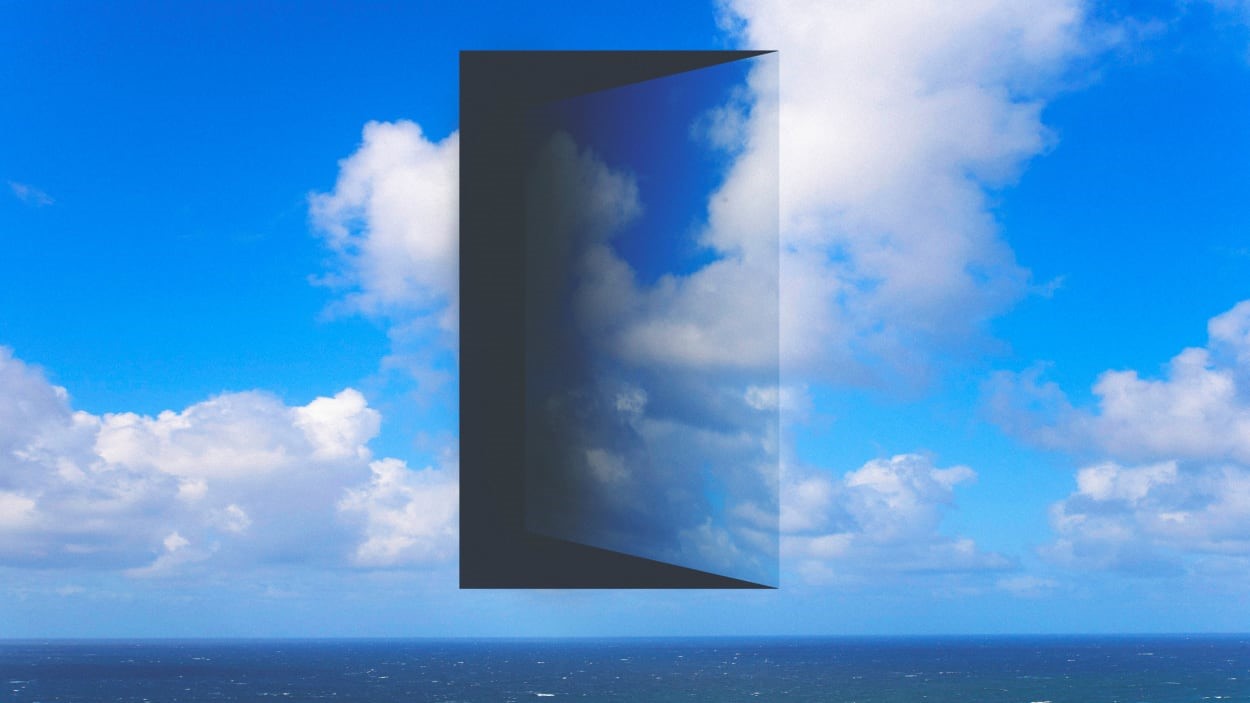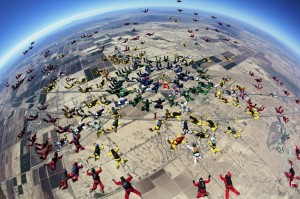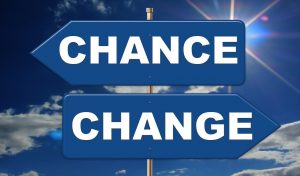Many people know the story of Noah and the Ark, learning it as children. But then it slips into that dusty corner of the mind reserved for legends, fables, and folktales.
And that’s too bad because there’s a timeless lesson in this timeworn tale. Indeed, it’s one that grows increasingly relevant despite the perceived advances of civilized society.
Chapter 6 in Genesis records:
The earth was degenerate [and] the land was filled with violence . . . for behold, all life had corrupted its way upon the earth.
The days leading up to the devastation of the Great Flood are described as a period of corruption and violence. Human beings had turned against one another, and the structures of civilization continued to crumble until mankind reached the brink of self-annihilation.
It was an era identified by this week’s addition to the Ethical Lexicon:
Antediluvian (an·te·di·lu·vi·an/an-tee-di-loo-vee-uhn) adjective
Relating to the period before the flood as described in the Bible (or, alternatively, before the fall)
The headlines of the past three weeks should make us ponder whether the narrative of antediluvian times is merely a story of scriptural legend or an all-too-urgent warning of the depths to which human beings can descend.
Among the many corrupting influences of violence, one is particularly insidious and counterintuitive. That is aversion. When we witness or read about horrific acts of inhumanity, we naturally respond by distancing ourselves from them, shaking our heads, lamenting how others can sink into depravity, and assuring ourselves that we could never fall so far.
But that is precisely how moral corruption takes root in the world and spreads throughout a culture. And we are all vulnerable to it in ways far more subtle and nuanced than the stories that make the news.
The challenge to evaluate two sides
By definition, ethics resides in the gray area between what is undeniably good and indisputably evil. Consequently, in any ethical debate there are two legitimate sides to the question or dilemma. The challenge is to widen our perspective so we can evaluate both points of view before seeking to determine which has greater merit.
We all know what it feels like to be astonished, bewildered, and infuriated when we see a situation with absolute (imagined) clarity while someone else perceives an entirely different picture.
And therein lies the danger. The more convinced we are that right is on our side, the more readily we become victims of our own unconscious bias, our own lack of objectivity, and the manipulative influence of disinformation.
This is why the sages warn: Do not trust yourself until the day you die.
The more certain we are of holding the intellectual or moral high ground, the greater the probability that we have overlooked some critical flaw in our own thinking.
Paradoxically, conviction in our own beliefs can belie insecurity in our positions. The revered Rabbi Joseph B. Soloveitchik observed, “All extremism and fanaticism come from a lack of security. A person who is secure cannot be an extremist.”
How blind spots proliferate
In the extreme, ideological zealotry leads to intractable violence and chaos. At lower velocities, unbridled passions lead to hyper-partisanship, political tribalism, and institutional gridlock. And in a professional setting, even a small measure of dogmatic thinking can produce unfounded overconfidence and decision-making blind spots that turn a workplace toxic in the short run while costing a fortune in the long run.
How do we ensure that our outlooks are ethical? By way of intellectual integrity, which rests on a foundation of intellectual humility. The longer we hold our ideas, the more emotionally invested we become in them, the less willing we are to reconsider them, and the more violently we may respond when others challenge them.
This may have happened to you: The evidence begins to mount that you’re standing on shaky ideological ground, so you respond by doubling down, becoming vociferous and vehement in defense of an untenable position. Why? It’s human nature. We fear the prospect of looking foolish for having invested in false ideas and skewed perspectives.
This is why promoting a culture of open communication is so critical. Imagine how the story might have had a different ending if Noah’s generation had engaged him in discussion and taken him seriously during the many years he spent building the ark.
Anticipating that we will have to defend our statements, positions, and arguments increases the likelihood that we will think them through first, check our facts, consider our reasoning, then express ourselves thoughtfully and respectfully.
This makes it more likely that others will respond with thoughtful consideration, thereby encouraging constructive disagreement that yields viable solutions and productive insights instead of accelerating the descent into bitter acrimony, name-calling, and gridlock.
So remember how antediluvian antagonism brought about a global cataclysm from which only one man and his family escaped. It’s a useful allegory to help us rein in our egos, control our tempers, and engage our frontal lobes to seek common ground while charting a course of action that will lead us on the path to success.
(7)
Report Post









